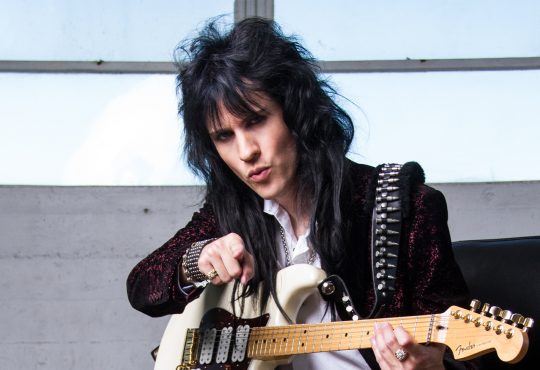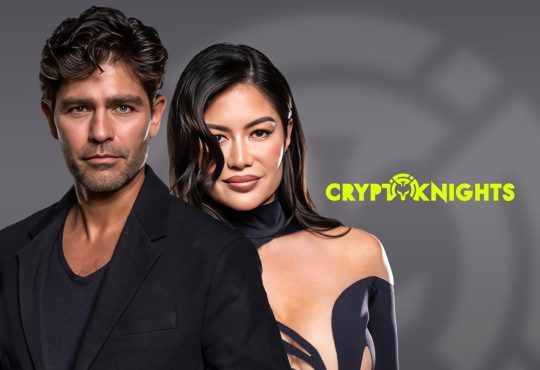‘David Makes Man’ Season 2: A Tender Portrait of Teenhood Ages Gracefully
When last we saw David (Akili McDowell), the hero of the gorgeous drama series David Makes Man, he was 14 years old, nearing the end of his time in middle school, and still very much an anxious kid hoping to one day feel comfortable in any of the disparate social worlds in which he traveled. As Season Two begins this week on OWN, the show’s title has been literalized. David is now in his thirties (and played by Kwame Patterson) with a flourishing white-collar career, living in a luxury apartment building that seems a world away from the Florida housing project where he grew up.
At first blush, this seems like one of the more radical revamps any TV show has undergone between seasons(*). It perhaps shouldn’t be surprising if you know that David Makes Man creator Tarell Alvin McCraney co-wrote Moonlight, which also took big leaps forward in the life of its main character. But for viewers who felt instantly protective of the young David, and knocked out by McDowell’s versatile performance in that role, skipping straight to the adult David’s world — full of real estate deals, city council meetings, and casual sex scenes — may feel jarring: This isn’t the show I thought I was watching. This isn’t the kid I was rooting for.
(*) Some other contenders, for the TV nerds: Baywatch spin-off Baywatch Nights shifted from a hard-boiled private eye drama into an X-Files knockoff where Mitch Buchannon investigated supernatural mysteries; The Wire changed targets for Season Two from an inner-city drug crew to the stevedores down at the docks (and kept radically altering itself with each passing year); Weeds kept changing settings and formats after Nancy Botwin’s suburb burned down; and Archer spent several years on different coma fantasies for Sterling, including him as an adventure-seeking 1930s pilot and as a spaceship captain.
In short order, though, it becomes clear that David is still David, and the show named for him is just as fundamentally the same.
When we catch up with David, he is much older, taller, and broader, with snazzy suits and a neatly groomed beard. But Patterson plays him like he is still the same scared kid, constantly code-switching to make himself seem like he belongs with whichever group he’s around. He’s not exactly cosplaying adulthood, but each time he meets with shady businessman Joe Padilla (the great character actor Tony Plana) to discuss an ambitious new venture, there’s a sense that he’s putting on a show in the same way that he once did as a magnet school scholarship student, or when he had to hang with the drug crew that worked near his home. And when his younger brother JG (played as an adult by Arien Escarpeta) teases him, David reacts just like he did years earlier(*). “David, we have all changed, baby,” their mother Gloria (Alana Arenas) succinctly puts it at one point. “It’s you that’s the same.”
(*) This means that Season One was a stealth period piece, or that Season Two takes place in the future, even though the phones and other technology are roughly the same in each season. It’s not entirely clear, and the show would probably prefer we not think too hard about it.
But young David is also not literally gone. McDowell is at the center of the new season’s second episode, which is mostly a flashback to David’s high-school days — where he seems to have adopted yet another persona to add to the ones he juggled at 14 — and we eventually see that adult David is haunted by visions of his adolescent self, in the same way that the teenage David frequently conversed with his late mentor, the drug dealer Sky (Isaiah Johnson). “I sometimes do this thing where I see people,” he reluctantly admits.
Because the show has to catch us up on so much of what’s happened to David, JG, Gloria, and friends — sometimes through allusion, sometimes with bald exposition — the early episodes don’t feel quite as immersive and powerful as the respective stage of Season One. But the new actors are terrific — Patterson clearly spent a lot of time studying McDowell’s gestures and expressions, going to a deeper level of emotional resemblance than you usually see when different actors play the same character over a span of years — and the creative team recognizes that adulthood doesn’t magically solve all the problems you had as a kid. It’s a coming-of-age story that sees aging as a continuing journey rather than a destination. It’s good to have David back, however old he is now.
Season Two of David Makes Man premieres June 22nd on OWN. I’ve seen the first three episodes.







